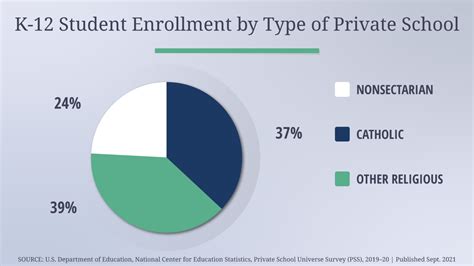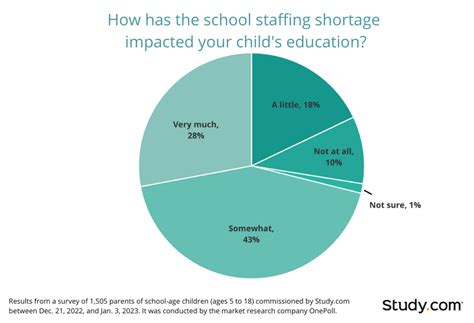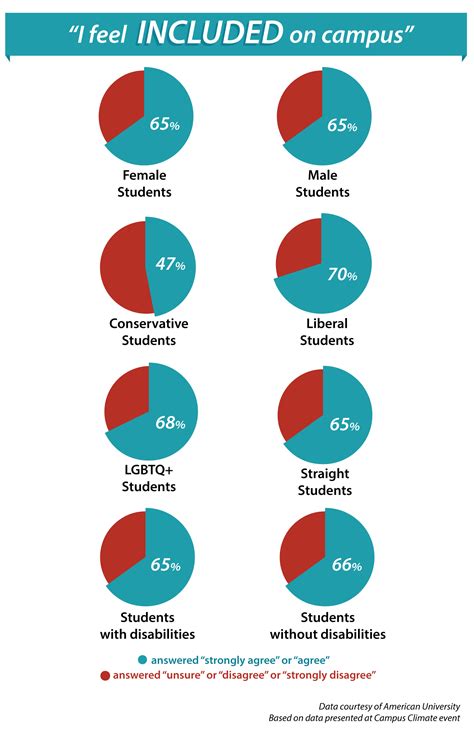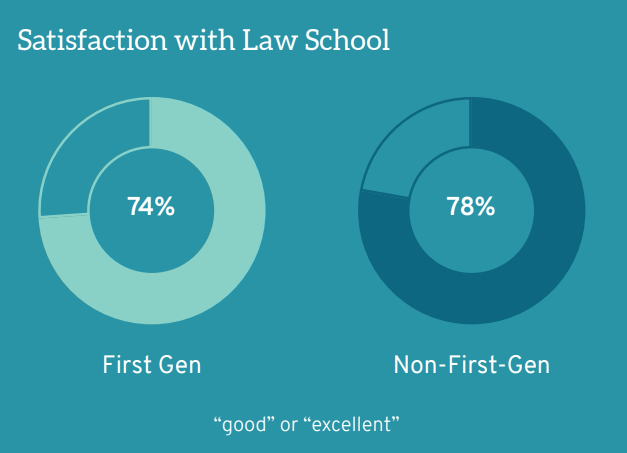Education lawyers play a crucial role in navigating the legal complexities within the school system. They address a wide range of issues, from disputes involving special education and student discipline to advising schools on policy development and ensuring compliance with federal and state laws. By advocating for students and parents, these legal professionals help safeguard educational rights and promote fairness within the educational environment. This article explores the multifaceted role of education lawyers, highlighting their impact on resolving conflicts, guiding policy, and ultimately influencing educational outcomes to ensure that schools operate within the bounds of the law while serving the best interests of all students.
Join bzcat.xyz as we delve deeper into this topic.
1. Scope of Practice: Overview of the specific legal issues education lawyers handle, including disputes related to special education, student discipline, and administrative decisions.
Education lawyers are specialized legal professionals who focus on the intricate legal issues within the educational system. Their scope of practice encompasses a wide array of matters that affect students, parents, and educational institutions. One of the key areas they handle is disputes related to special education. These lawyers work to ensure that students with disabilities receive the services and accommodations they are entitled to under laws such as the Individuals with Disabilities Education Act (IDEA). This often involves advocating for appropriate individualized education programs (IEPs) and challenging decisions that may deny a student the necessary support.
In addition to special education, education lawyers frequently address issues related to student discipline. They may represent students facing suspension or expulsion, ensuring that the disciplinary actions are fair and in accordance with due process. These lawyers are also involved in cases where student rights, such as freedom of expression or privacy, are at stake.
Administrative decisions made by school boards and other educational authorities are another area where education lawyers play a vital role. They may challenge or defend decisions related to school zoning, teacher employment, and the implementation of educational policies. Through their expertise, education lawyers help navigate the complex regulatory landscape of education law, ensuring that the rights and responsibilities of all parties involved are upheld.

2. Advocacy for Students and Parents: How education lawyers support students and parents in navigating complex educational regulations and ensuring rights are upheld.
Education lawyers play a crucial role in advocating for students and parents, helping them navigate the often confusing and complex landscape of educational regulations. These lawyers provide essential support in ensuring that students’ rights are upheld, particularly in situations where those rights might be at risk. For example, when disputes arise over special education services, education lawyers work closely with parents to secure the necessary accommodations and resources their children are entitled to under the law.
In cases of student discipline, education lawyers advocate for fair treatment, ensuring that disciplinary actions are administered in accordance with legal standards and that students are not unfairly punished. They guide parents through the procedural aspects of hearings and appeals, providing clarity and reassurance during what can be a stressful time.
Additionally, education lawyers assist in disputes over enrollment, residency, and access to educational resources, ensuring that students receive equal opportunities regardless of their background. By offering expert legal counsel and representation, education lawyers empower families to effectively advocate for their children’s educational rights.

3. School Policies and Compliance: The role of education lawyers in advising schools on policy development and ensuring compliance with federal and state education laws.
Education lawyers play a vital role in shaping and executing school policies, ensuring compliance with federal and state laws. These legal experts provide essential guidance to schools in policy development, assisting them in creating rules and procedures that fulfill legal obligations while cultivating a safe and just learning environment.
Education lawyers play a vital role in ensuring compliance with crucial laws like the Individuals with Disabilities Education Act (IDEA) and Title IX, which safeguards gender equality in education. By offering expert guidance on these and other regulations, education lawyers help schools navigate potential legal complexities, ensuring their policies are both inclusive and fair.
Education lawyers are instrumental in training school administrators and staff on legal compliance. They provide guidance on understanding the implications of new and existing laws, covering areas such as student rights, teacher conduct, and the proper procedures for disciplinary actions.
Furthermore, when schools encounter legal challenges or audits from regulatory authorities, education lawyers play a crucial role in providing support. They prepare necessary documentation, represent the institution in legal proceedings, and offer strategies for addressing compliance concerns. This expertise guarantees that schools maintain the highest standards of legal and ethical conduct, creating an environment where students and educators can flourish.

4. Litigation and Dispute Resolution: Strategies employed by education lawyers in handling litigation and alternative dispute resolution methods to address conflicts within educational settings.
When conflicts arise within educational settings, education lawyers are skilled in employing various strategies to address and resolve these disputes. Litigation is one approach they use when other methods fail to yield a satisfactory outcome. In court, education lawyers represent the interests of students, parents, or educational institutions, presenting evidence and arguments to ensure that legal rights are protected and upheld. They are experienced in managing cases involving special education disputes, disciplinary actions, and violations of student rights, using their knowledge to navigate the complexities of education law.
However, litigation is not always the first or best option. Education lawyers often prefer to explore alternative dispute resolution (ADR) methods, such as mediation or arbitration, to resolve conflicts more amicably and efficiently. Mediation involves facilitating discussions between the parties involved to reach a mutually agreeable solution, while arbitration provides a more formal process, similar to a court proceeding but typically faster and less costly.
These ADR methods can be particularly effective in maintaining relationships between parents, students, and school administrators, as they encourage collaboration and compromise. By skillfully balancing litigation and ADR, education lawyers aim to resolve disputes in a manner that serves the best interests of all parties involved while minimizing disruption to the educational environment.
5. Impact on Educational Outcomes: Examination of how effective legal representation can influence educational outcomes and promote fair and equitable treatment within the school system.
Effective legal representation by education lawyers can have a profound impact on educational outcomes, ensuring that students receive fair and equitable treatment within the school system. When education lawyers advocate for students’ rights, especially in cases involving special education, disciplinary actions, or access to resources, they help secure the necessary support and accommodations that can significantly enhance a student’s academic experience and success.
For example, when a lawyer successfully advocates for an appropriate Individualized Education Program (IEP) for a student with disabilities, it can lead to tailored educational strategies that directly contribute to the student’s academic progress and overall well-being. Similarly, when disciplinary actions are challenged and resolved fairly, it prevents unjust punishments that could otherwise derail a student’s educational journey.
Furthermore, by advising schools on policy compliance and legal standards, education lawyers help create an environment where all students are treated fairly, regardless of their background or circumstances. This legal guidance ensures that school policies are inclusive, nondiscriminatory, and supportive of every student’s right to a quality education. In this way, education lawyers play a crucial role in promoting not only legal fairness but also positive educational outcomes that benefit the entire school community.
Education lawyers are vital in shaping the legal landscape of schools, ensuring that students, parents, and institutions operate within the bounds of the law. From advocating for students’ rights to guiding schools in policy development and compliance, their expertise helps create a fair and equitable educational environment. By skillfully managing disputes through litigation and alternative resolution methods, education lawyers contribute to positive educational outcomes and the overall well-being of students. Their work is essential in promoting justice and fairness in the educational system, benefiting all stakeholders involved.
bzcat.xyz
